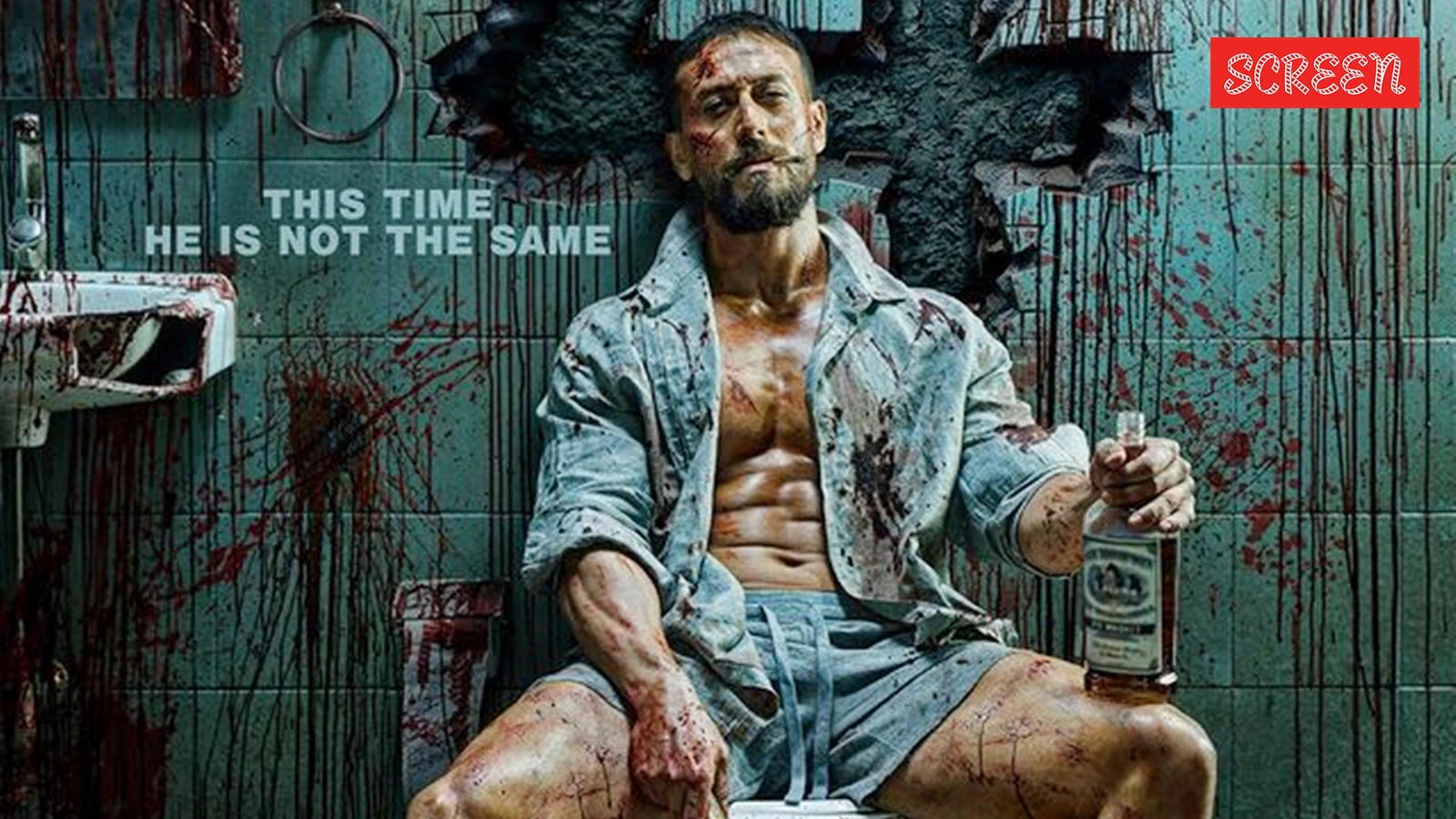Introduction, Expectations, and the Franchise Legacy
When it comes to high-octane action films in India, the Baaghi franchise has carved its own unique place in the hearts of audiences. Ever since the first installment hit the silver screen back in 2016, the series has been synonymous with jaw-dropping stunts, powerful drama, and the unshakable presence of Tiger Shroff as the face of rebellious energy. Now, with Baaghi 4, the expectations are higher than ever, not only because of the reputation the franchise holds but also because of the way Bollywood has evolved in recent years. Audiences today are far more critical, far more demanding, and far more appreciative of originality. So naturally, the question arises: does Baaghi 4 deliver the same adrenaline-pumping entertainment that the franchise promises, or does it fall victim to the clichés of formulaic storytelling?
Introduction, Expectations, and the Franchise Legacy
Before answering that, it’s important to take a moment to reflect on what Baaghi as a series represents. The franchise began with a love story interwoven with martial arts and personal sacrifice. Over time, it has leaned increasingly toward heavy-duty action spectacles, attempting to raise the bar with each entry. Baaghi 2 built on the emotional stakes, while Baaghi 3 went all out with scale, turning into a larger-than-life saga of brotherhood and vengeance. Each film, regardless of critical reception, managed to bring audiences to the theaters in large numbers because they promised something Bollywood rarely delivers consistently: authentic martial arts combined with a hero-driven narrative.
With Baaghi 4, the makers had the opportunity to address past criticisms while also capitalizing on the strengths of the brand. One of the primary expectations leading into this film was whether the story would balance emotions and action in equal measure. Fans have always adored Tiger Shroff’s physical prowess and agility, but many have also pointed out that the emotional resonance in the previous installments sometimes took a backseat. In today’s cinematic landscape—where audiences are exposed to Hollywood blockbusters, South Indian pan-Indian spectacles, and global streaming content—Bollywood action films cannot afford to rely solely on style. Substance is equally important.
The promotional campaign for Baaghi 4 did a clever job of addressing these concerns. The teasers and trailers highlighted not just larger-than-life action but also glimpses of family drama, deeper character motivations, and an emphasis on relationships. The makers hinted that the story this time would dig deeper into what it means to be a “baaghi” (a rebel). Is rebellion just about defying authority and fighting enemies, or is it also about breaking internal chains, fighting one’s personal battles, and standing up for values that matter? This thematic layer was one of the key reasons why Baaghi 4 generated a strong buzz before release.
Of course, no discussion about expectations is complete without mentioning Tiger Shroff himself. Over the years, Tiger has earned a reputation as Bollywood’s ultimate action star. His dedication to fitness, martial arts, and stunt choreography is unparalleled in the industry. With Baaghi 4, fans expected him to once again push boundaries, attempting stunts that not only look spectacular on screen but also raise the standard of what Indian action cinema can achieve. The trailers confirmed these expectations, with glimpses of parkour sequences, hand-to-hand combat, and high-speed chases that felt more polished than in previous entries.
But a movie is never just about one star. Another big expectation surrounding Baaghi 4 was the casting choices. While Tiger Shroff is undoubtedly the centerpiece, audiences were curious to see what kind of antagonist he would be pitted against this time. The Baaghi series has always emphasized powerful villains, and Baaghi 4 promised an adversary that matched Tiger’s physicality and intensity. In fact, some pre-release reports hinted that the antagonist’s arc would be as fleshed out as the hero’s, making the clash between them not just a battle of fists but also a clash of ideologies. For fans of action dramas, this setup alone was enough to heighten curiosity.

The music of the franchise has also been an essential ingredient in its success. From soulful romantic numbers to high-energy tracks, the Baaghi films have consistently delivered songs that connect with the masses. Before the release of Baaghi 4, its soundtrack already started gaining traction, with one romantic ballad topping charts and an action anthem being played at gyms across the country. This built on the anticipation that the film would not just thrill action lovers but also provide the quintessential Bollywood masala mix.
From a cinematic standpoint, one of the biggest expectations was regarding scale. In the post-pandemic era, audiences have been spoiled by massive spectacles like KGF, RRR, and Pathaan. The makers of Baaghi 4 seemed to have taken this challenge seriously, promising international locations, bigger set-pieces, and advanced visual effects. The idea was simple: if Indian cinema is now competing globally, then Baaghi 4 must not only stand tall among Bollywood films but also appeal to audiences familiar with Hollywood action thrillers.
Finally, there’s the emotional weight of the franchise itself. The name Baaghi carries certain promises—it symbolizes rebellion, fearlessness, and unrelenting determination. Fans expected Baaghi 4 to honor that legacy while also evolving with the times. They wanted a story that didn’t just recycle old tropes but offered something fresh, something more mature, and something that justified why the series deserves to continue. The hype was undeniable, but so were the stakes. A successful Baaghi 4 could cement the franchise as one of Bollywood’s most reliable action brands. A failure, however, could risk diluting its impact.
To sum up the pre-release expectations, Baaghi 4 carried with it the weight of:
-
Delivering mind-blowing, never-before-seen action.
-
Offering a balanced narrative with emotional depth.
-
Presenting a strong antagonist who could truly challenge the hero.
-
Giving audiences memorable music and larger-than-life cinematic experience.
-
Proving that the franchise still has freshness and relevance in today’s highly competitive film market.
